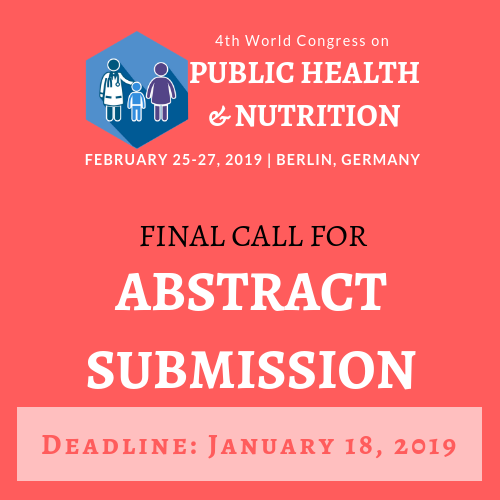
Andre Preissler Loureiro Chaves
Independent Researcher | Brazil
Title: Ecological public health, primary care and environmental issues: Unused medicines and health community agent intervention in the south of Brazil
Biography
Biography: Andre Preissler Loureiro Chaves
Abstract
The overall goal of our current studies is to understand how the Health Sector can promote healthy urban environments (SDGs-UN) through an integrated model of Sustainable Healthcare System. With the system looking outwards, promoting Environmental Health in Primary Care to coping, prevention and control of local environmental problems that may cause harm to health. With the system looking inwards, outlining sustainable strategies for "care without carbon" delivered, recognizing its role to Climate Change and other environmental risks.
Case study: Current Brazilian law does not provide appropriate legislation governing waste resulting from unused medication, which
presents a growing public health threat. Studies that have considered these issues are incomplete, classifying unused medication as a remnant of healthcare and ignoring the user, who has the largest role in generating this type of waste. Users do not possess sufficient
knowledge regarding the issue or their responsibilities with respect to environmentally appropriate disposal. The main objective of this study was to create a reverse logistics medication channel in a model experiment involving health community agents working in Family Health Strategy teams in Vila Bras, São Leopoldo, Brazil. The community health agents were trained in the appropriate disposal of unused medication and conveyed details of the basic disposal guidelines to the residents of the area served by the teams.
The community health agents’ activities served a proactive reverse logistics channel, which had vast potential, as the prevention of
inappropriate disposal of unused medication increased exponentially.

